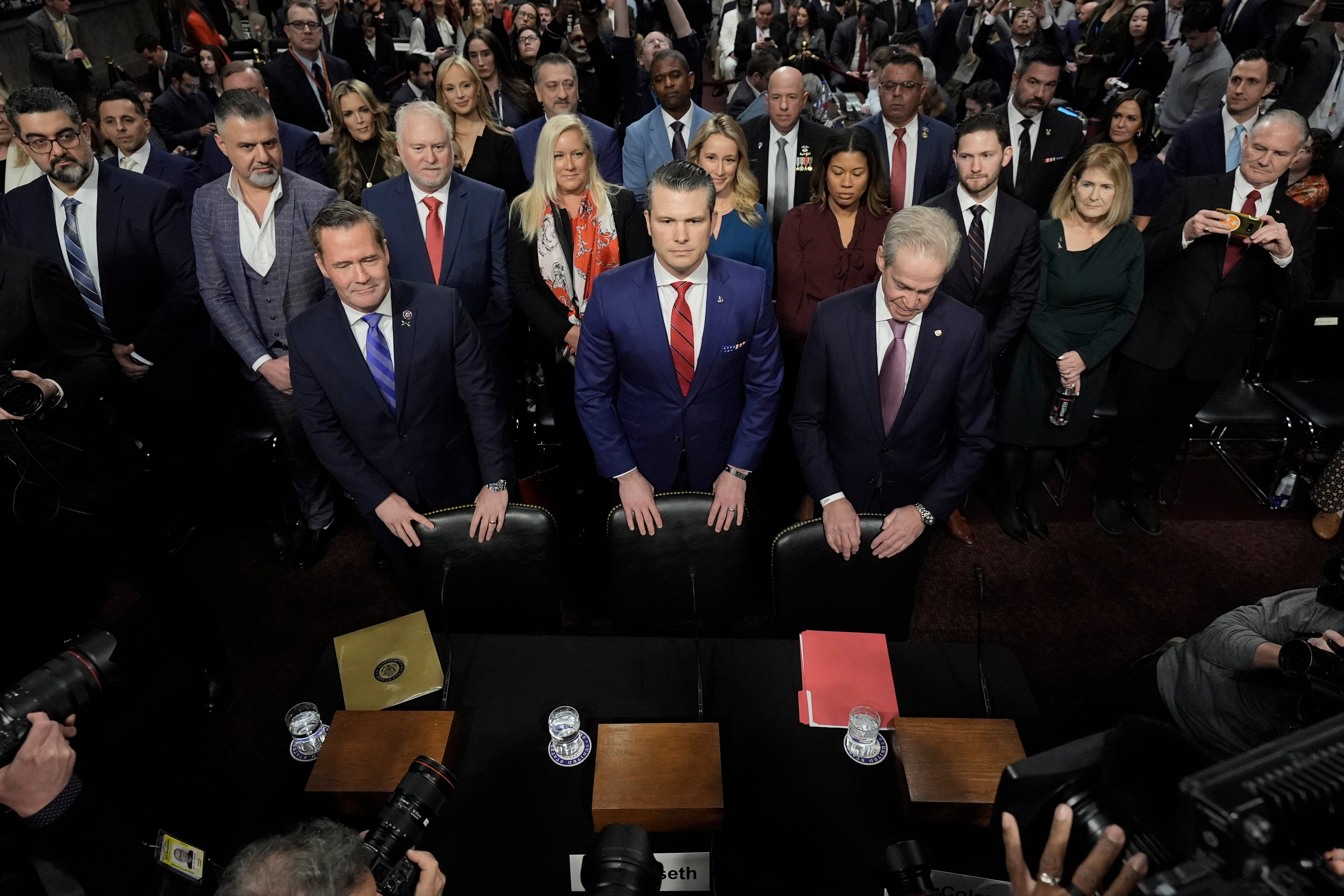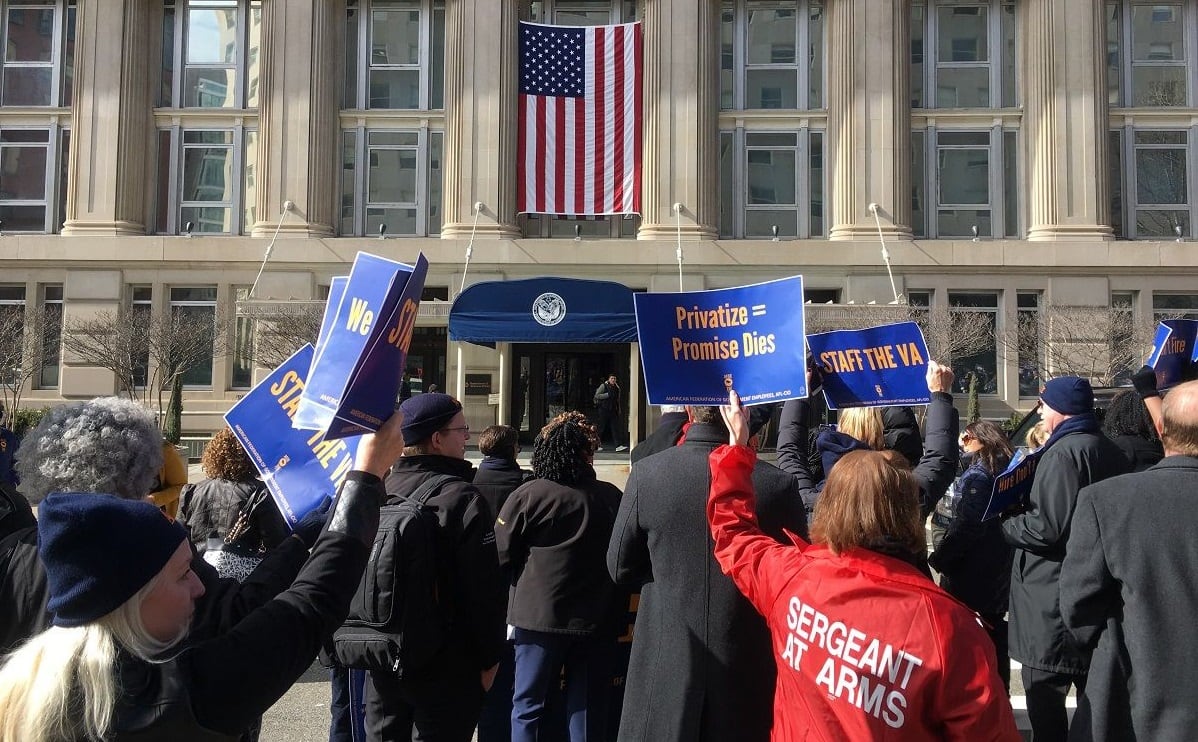WASHINGTON — Amid a national conversation on sexual assault and harassment, Congress is pushing military leaders to enact a host of new rules designed to protect victims and curb inappropriate behavior in the ranks.
The moves, included in the annual defense authorization bill, build off of similar congressional efforts in recent years, which critics have said don’t go far enough to address cultural problems in the ranks.
The most well-known change in the budget bill are provisions that outlaw “the non-consensual sharing of of intimate images” by service members.
The move comes after scandals this spring that involved active-duty Marines sharing nude pictures of female colleagues on a series of military-themed web sites. One Marine faced 10 days in prison for his participation, and at least 30 others received some form of punishment for their involvement.
RELATED

But military officials said regulations at the time did not specify sharing nude photos of colleagues without their permission as a crime, limiting their response options. Since then, all of the services have updated their codes of conduct to better define punishments for the activity.
The authorization bill goes further, adding a new article to the Uniform Code of Military Justice regarding “wrongful broadcast or distribution of intimate visual images.” It does not specify punishment for the crimes but does allow the charges to be brought before a court-martial.
RELATED

Lawmakers in the legislation also require an expansion of the military’s Sexual Assault Prevention and Response Program, to include requiring individuals in the services’ delayed entry programs to undergo training already required of other recruits.
It also broadens the scope of military sexual trauma counseling and treatment to include reservists, and extends some earlier training and response rules to include the U.S. Merchant Marine Academy. That follows news reports earlier this year of problems with harassment and assault at the service academy.
Starting next year, military special victims counsel will receive new training on how to better assist male victims of sexual assault in the ranks. Defense Department officials estimate that more men than women face sexual assault crimes annually, but the reporting rate of those incidents is far below that of women.
RELATED

Lawmakers praised the changes as important steps ahead in dealing with the problem of assault in the military, but they’re unlikely to allay concerns among the Defense Department’s biggest critics on the issue.
Earlier this week, a group of 13 senators led by New York Democrat Kirsten Gillibrand again lobbied for her proposal to remove sexual assault crimes from the military chain of command and instead prosecute those cases through an independent legal process.
Gillibrand argued the current set-up allows military leaders to too easily brush aside accusations of assault and harassment, discouraging victims from reporting their trauma. Military leaders have strongly opposed the idea, saying it would take away commanders’ authority to deal with problems and their responsibility to work to prevent such crimes.
Leo covers Congress, Veterans Affairs and the White House for Military Times. He has covered Washington, D.C. since 2004, focusing on military personnel and veterans policies. His work has earned numerous honors, including a 2009 Polk award, a 2010 National Headliner Award, the IAVA Leadership in Journalism award and the VFW News Media award.





